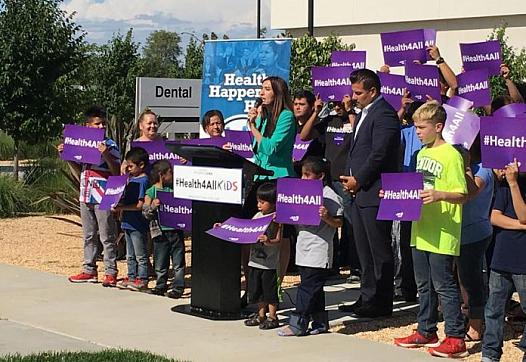
More than two years after the Affordable Care Act took effect, members of Fresno’s traditionally underserved communities still struggle to find proper access, reports 2016 California Fellow Hannah Esqueda.

More than two years after the Affordable Care Act took effect, members of Fresno’s traditionally underserved communities still struggle to find proper access, reports 2016 California Fellow Hannah Esqueda.
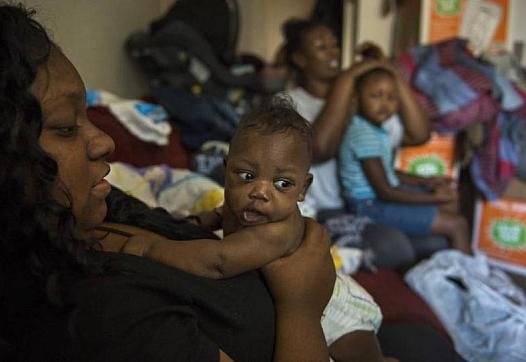
"Finding families touched by the death of a child was hard," writes Sammy Caiola of the Sacramento Bee. "And convincing them to talk to me was even harder."

This article, the third in a series on Migrant Education in eastern Solano County, was produced, in part, as a project for the USC Center for Health Journalism’s California Fellowship, a program at the USC Annenberg School for Communication and Journalism.

Anthony Marcus had heard the same story about underage sex workers that most of us know — that they are brutalized by violent pimps and sold into sex slavery. But is that story correct?

In the wake of studies finding big differences in language ability between rich and poor kids by the age of 18 months, a leading researcher outlines the latest thinking on how to bridge the class-based "word gap."

Looking through health statistics for the United States, there’s an area that almost always shows up in red: Alabama’s Black Belt. A stretch of fertile lands across the southern half of the state, it was one of the most brutal and wealthy parts of the country during the slavery era....
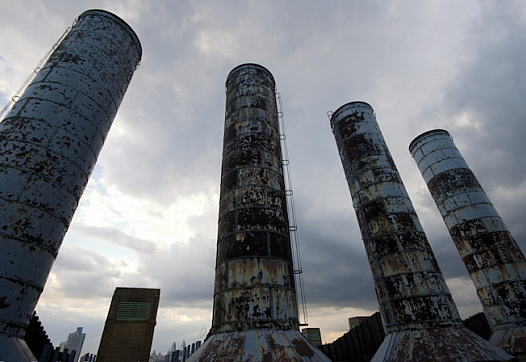
The little girl just wasn’t herself. Her mom, Jacqueline Thomas, knew something was seriously wrong....

Despite decades of effort and millions in taxpayer money, Cleveland’s kids continue to have some of the highest rates of lead poisoning in the country. Bad housing and urban blight only compound their stress and suffering.
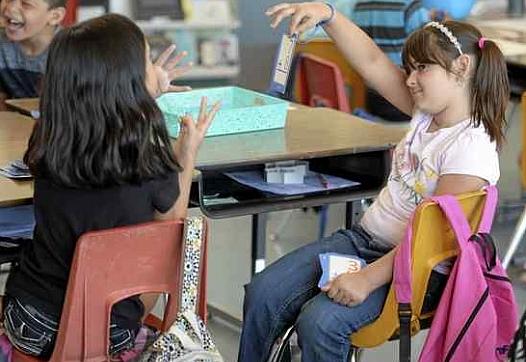
This article, the second in a series on Migrant Education in eastern Solano County, was produced as a project for the USC Center for Health Journalism’s California Fellowship, a program at the USC Annenberg School for Communication and Journalism. 2016 California Fellow Richard Bammer is a reporter
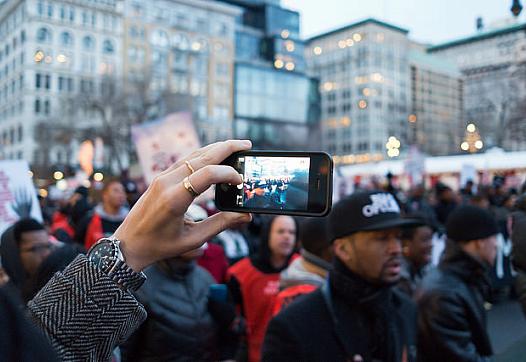
It’s an ongoing debate that has been given special urgency in light of recent attention to police killings of black men. When does the need to inform cross over to sensationalism?